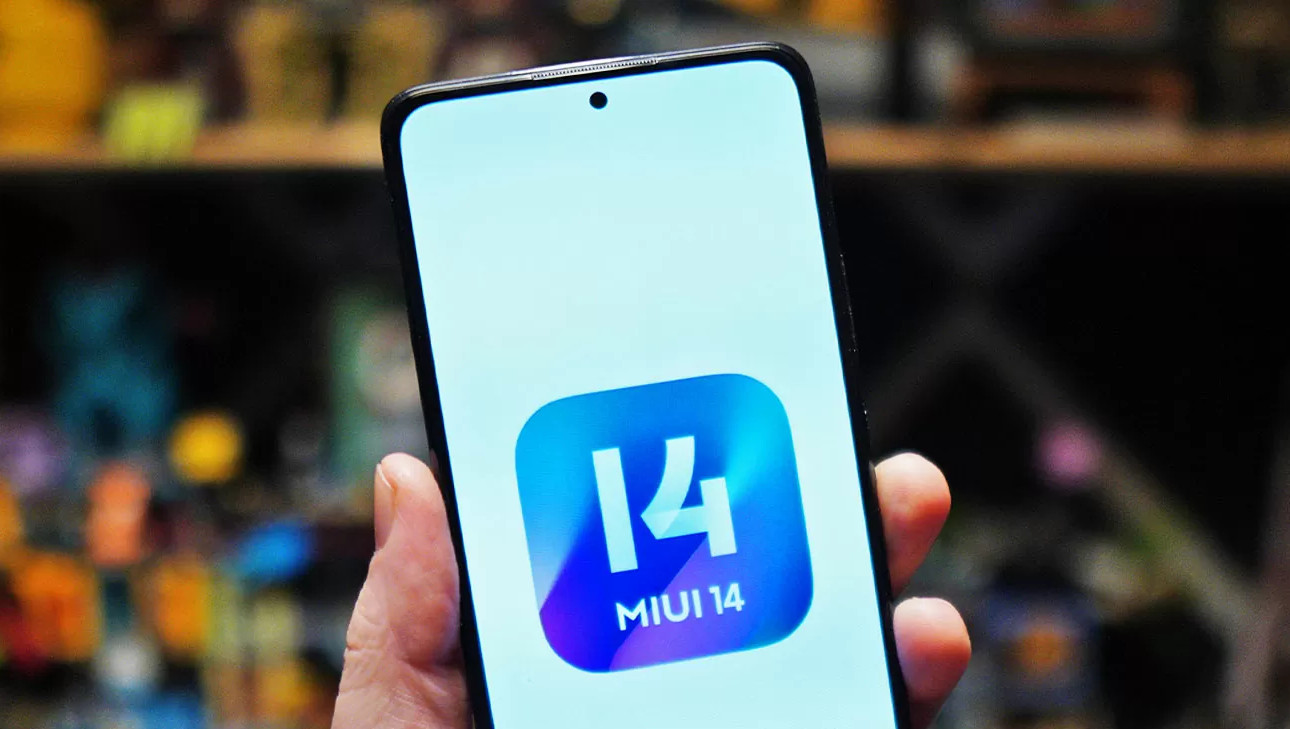Apple's AI: Innovation Or Imitation?

Table of Contents
Siri's Evolution: Innovation or Incremental Improvement?
Siri, Apple's virtual assistant, has been a cornerstone of its AI strategy. But has its evolution been genuinely innovative, or simply incremental improvements? Let's examine:
-
Early Siri limitations: Early versions of Siri paled in comparison to competitors like Google Assistant and Alexa, often struggling with complex queries and exhibiting limited contextual awareness. Its accuracy and natural language processing (NLP) capabilities were noticeably behind.
-
Recent Siri advancements: Significant strides have been made in Siri's NLP capabilities. It now handles more nuanced requests, offers improved contextual understanding, and boasts better speech recognition.
-
On-device vs. cloud processing: Apple emphasizes on-device processing for Siri, prioritizing user privacy. This differs from cloud-based approaches adopted by competitors. While this enhances privacy, it can impact performance, especially with complex tasks that require significant processing power.
-
Siri's ecosystem integration: Siri seamlessly integrates with other Apple products and services, like HomeKit for smart home control and CarPlay for in-car assistance. This tight integration is a key strength.
-
Competitive comparison: While Siri has improved significantly, it still lags behind Google Assistant and Alexa in certain areas, such as smart home device compatibility and overall functionality. Independent benchmarks often place Siri below its main competitors.
On-Device AI and Privacy: A Differentiator or Marketing Tactic?
Apple heavily promotes its commitment to user privacy, positioning on-device AI processing as a key differentiator. But is this genuine innovation, or a shrewd marketing strategy?
-
On-device machine learning: Apple's approach prioritizes processing AI tasks directly on the user's device, minimizing data transmitted to Apple's servers.
-
Privacy implications: This approach significantly reduces privacy concerns compared to cloud-based AI, where user data is often stored and analyzed remotely.
-
Data protection claims: Apple meticulously details its privacy measures, utilizing techniques like differential privacy to protect user data while still enabling AI functionalities.
-
Privacy vs. performance trade-offs: The on-device approach may lead to performance limitations compared to cloud-based systems, especially for computationally intensive tasks.
-
Differential privacy effectiveness: Apple's use of differential privacy is a technically sound approach, but its effectiveness depends on the specific implementation and data usage patterns.
Beyond Siri: AI's Role in Other Apple Products and Services
Apple's AI influence extends far beyond Siri. Machine learning powers numerous features across its ecosystem:
-
AI in the Photos app: Apple's Photos app utilizes AI-powered image recognition for features such as face recognition, object detection, and scene classification, enabling powerful search and organization capabilities.
-
AI in Apple Watch and Health: The Apple Watch leverages AI for health features like heart rate monitoring, fall detection, and ECG analysis, providing users with valuable health insights.
-
Personalized recommendations: AI drives personalized recommendations within Apple Music and the App Store, suggesting music and applications tailored to individual user preferences.
-
iOS optimization: Machine learning optimizes iOS performance and battery life, adapting to user behavior and usage patterns.
-
Future potential: Future AI applications could include enhanced augmented reality experiences, more sophisticated health monitoring, and improved accessibility features.
Apple's AI Acquisitions and Research Efforts
Apple's AI strategy also involves strategic acquisitions and robust internal research.
-
Key acquisitions: Apple has quietly acquired numerous AI startups, acquiring expertise and technologies in various AI domains, including machine learning and computer vision.
-
AI R&D investments: Apple invests heavily in AI research and development, employing leading experts in machine learning and related fields. The details of this research are largely kept confidential.
-
Talent acquisition: Apple aggressively recruits top talent from leading universities and AI research institutions, bolstering its AI capabilities.
-
Future direction: Apple's future AI research likely focuses on areas like personalized experiences, improved privacy technologies, and advanced applications in areas like healthcare and augmented reality.
Conclusion: Innovation or Imitation? The Apple AI Verdict
This exploration of Apple's AI reveals a complex picture. While Apple may not always be at the forefront of groundbreaking AI innovations, its strategic integration of existing technologies into its tightly controlled ecosystem delivers a consistently polished and user-friendly experience. Its focus on privacy is a key differentiator, though it comes with performance trade-offs.
Whether you see Apple's approach to AI as innovation or imitation, the impact is undeniable. Continue the discussion by sharing your thoughts on Apple's AI strategy and what you believe the future holds for Apple's artificial intelligence. Let's debate: Is Apple's AI truly innovative, or is it a masterful case of sophisticated imitation?

Featured Posts
-
 Makron I Tusk Podpishut Dogovor Novye Podrobnosti O Sotrudnichestve Frantsii I Polshi Unian
May 09, 2025
Makron I Tusk Podpishut Dogovor Novye Podrobnosti O Sotrudnichestve Frantsii I Polshi Unian
May 09, 2025 -
 Liga Chempionov 2024 2025 Prognoz Raspisanie I Translyatsii Polufinalov I Finala
May 09, 2025
Liga Chempionov 2024 2025 Prognoz Raspisanie I Translyatsii Polufinalov I Finala
May 09, 2025 -
 Public Vote On The Release Of Jeffrey Epstein Files Ag Pam Bondis Role
May 09, 2025
Public Vote On The Release Of Jeffrey Epstein Files Ag Pam Bondis Role
May 09, 2025 -
 5 Drivers Behind Todays Significant Rise In Sensex And Nifty 50
May 09, 2025
5 Drivers Behind Todays Significant Rise In Sensex And Nifty 50
May 09, 2025 -
 Elon Musks Business Ventures A Path To Unprecedented Financial Success
May 09, 2025
Elon Musks Business Ventures A Path To Unprecedented Financial Success
May 09, 2025
